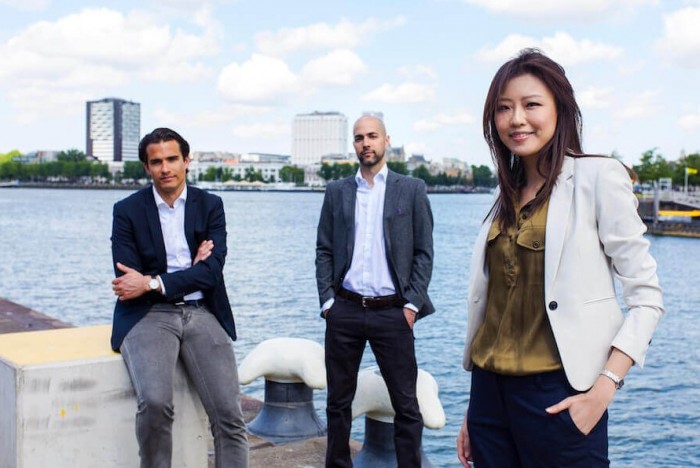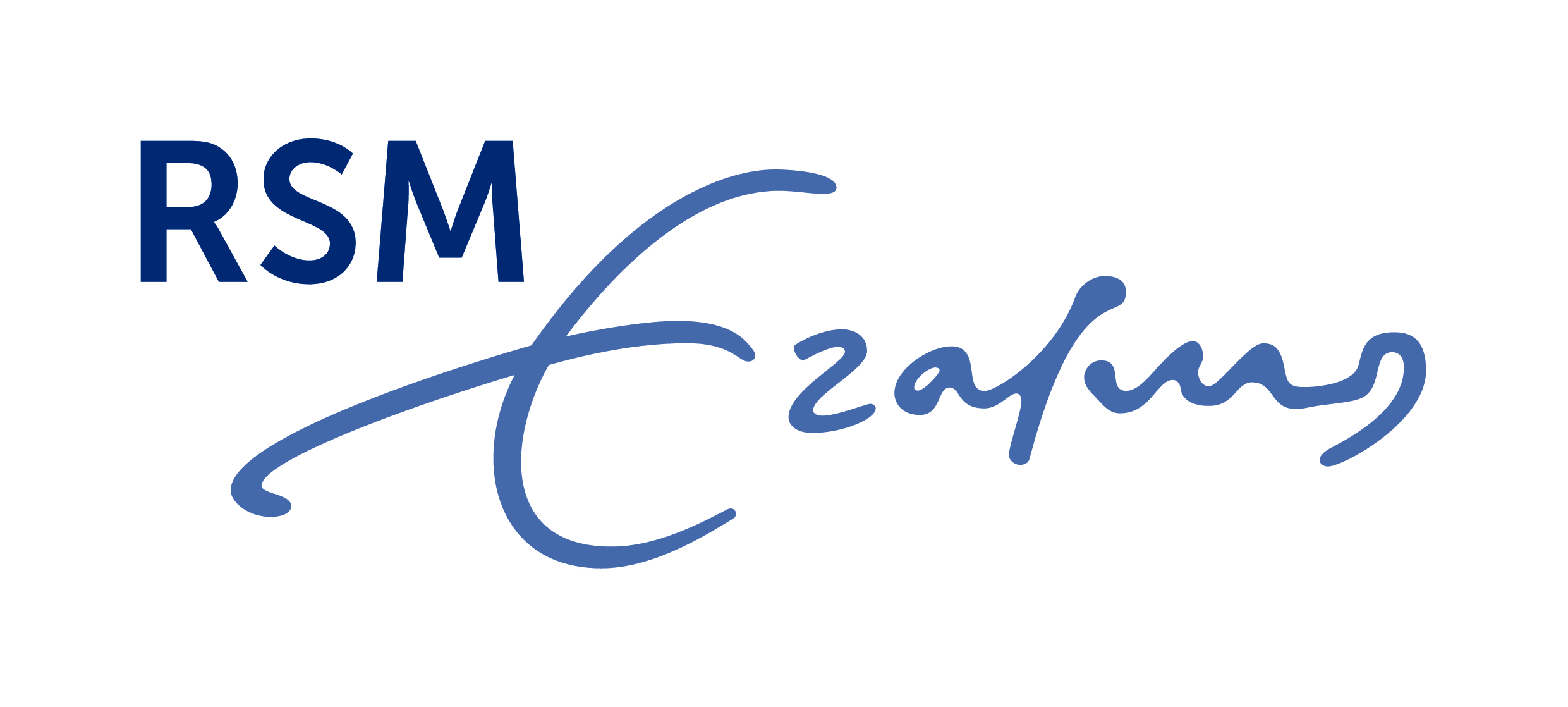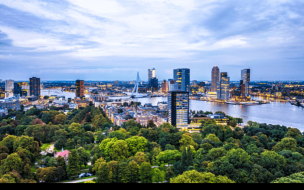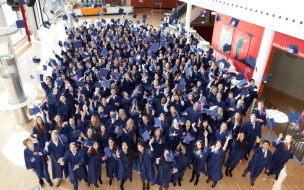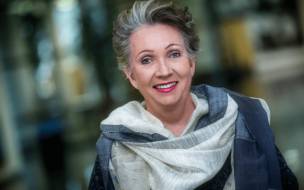Based in Des Plaines, Illinois, Michael had been an entrepreneur for almost five years when he decided he wanted to make a switch and work abroad. He sold up and started looking at MBA programs in Europe.
Most US-based MBA programs are two years long and Michael’s decision had a lot to do with cost and time. “I just didn’t want to be out of work that long,” he says.
“I also wanted a global experience. I saw that most American MBA programs had classes where 30% of students were international. At a lot of European schools, it’s over 90%—they have the upper hand when it comes to diversity.”

Michael wanted an MBA that emphasized things like ethics and sustainability and that would serve as a launch-pad for an impactful, international career. It was then that he came across the one-year, full-time MBA at Rotterdam School of Management, Erasmus University (RSM).
“RSM stood out the most,” he says. “Usually, when considering an MBA, you look at the obvious factors like recruitment, network size, and caliber of students. But, if you’re going to be in a different country for a year, it’s very important that you have a good experience.
“I think RSM does that very well. It’s a highly collaborative environment to be in and all the alumni feedback I received was positive. It has this emphasis on sustainability and soft skills development, and solid companies recruit there too.”
Solid, Fortune 500 companies, like Amazon, which recruits on-campus at RSM. Michael completed his MBA in December 2016. He now works for Amazon in London, as an operations manager on Amazon’s Pathways Leadership Development Program for MBA grads.
As an international RSM MBA grad starting a global career, Michael is not alone. Typically, 97% of RSM MBA students are international, representing almost 40 different countries.
The Rotterdam School of Management MBA is ranked 11th in the world for international mobility by the Financial Times. Of RSM’s most recent job-searching graduates, 71% changed location, 66% changed industry, and 44% changed function. MBA students can expect to earn $80,000 in their first year after graduation.
The Netherlands, Michael says, is also especially well-suited to international students. Students get an extra three months on their residence permit after graduation to look for a job. They can also apply for a job-seekers visa, which lets them stay in the Netherlands for another year post-MBA.
Michael says the Dutch government offers a 30% tax break for international MBAs who find jobs in the Netherlands for several years after graduation.
“There are subsidies to help you pay for housing and rent. The entire country is very welcoming when it comes to internationals,” Michael continues. “RSM then helps connect you with these benefits. At the beginning of the year, we had a lot of city officials come in and talk to us about how to navigate taxes and how to apply for visas.”
RSM, Michael says, is set up for job-seekers. Classes end in December; graduation is in March. In between, students have that extra three months to look for jobs.
Bea San Pedro is a current RSM MBA student set to complete her studies in December and graduate in March next year. Bea moved from the Philippines to pursue an MBA at RSM, keen to advance her marketing career but also to make a social impact.

“That’s very important to me,” she explains, “and I wanted to go to a business school that had that sort of culture.
“Since our cohort is very diverse, it’s given me experience on how to work in an international team with different personalities, competencies, and cultures. The combination of soft and technical skills I’ve gained will be useful in whichever industry or location I end up in.”
International diversity extends to professional backgrounds too. There are few archetypal MBA students at RSM. In fact, Michael says having a non-traditional background can help your application. “Emphasize how you’re different because RSM absolutely looks at that,” he says.
That level of diversity is something Ann van Dam, director of MBA programs at RSM, has seen play out in students’ post-MBA career choices.
The career service at Rotterdam School of Management, she explains, is personalized. Students are helped with mock interviews, networking, salary negotiation, and building a personal brand for the international jobs market, but also with identifying the personal career objectives which work best for them.
“We’re not married to the idea that everybody needs to go into consulting or finance after their MBA,” says Ann. “We look for people who want to learn business in a global context.”


